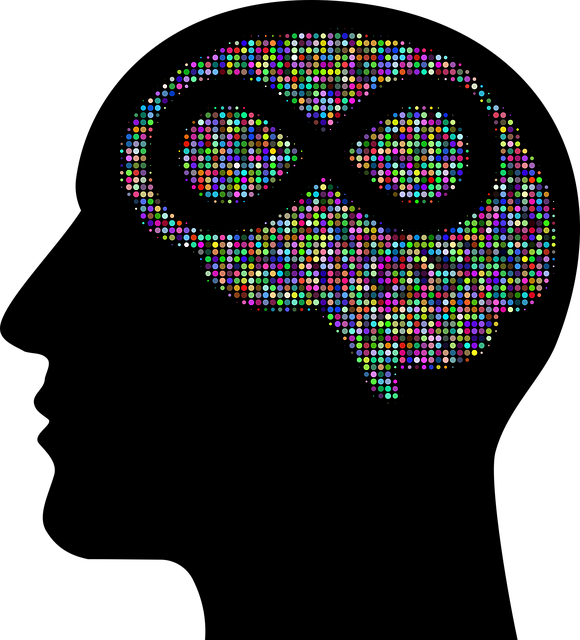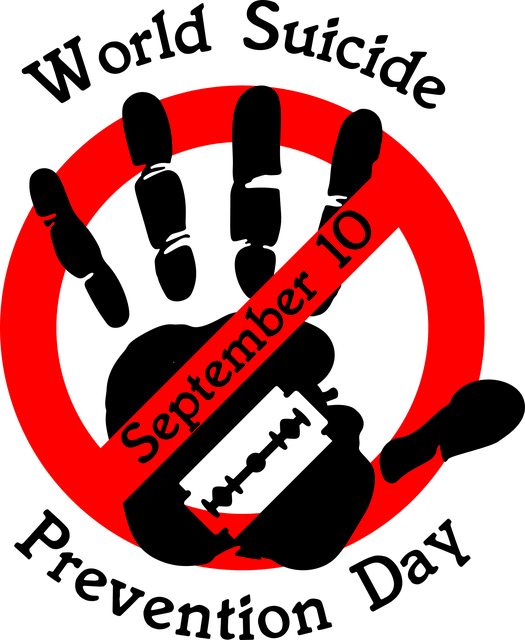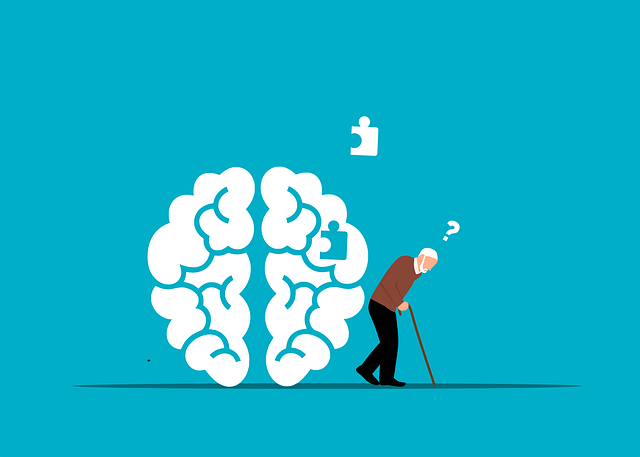Mental health diagnoses for adults facing workplace issues and job stress are challenging due to multifaceted symptoms, cultural differences, and stigma. However, innovative approaches like Mental Wellness Coaching Programs and Compassion Cultivation Practices, integrated with advanced assessment tools, are enhancing diagnostic accuracy. Online platforms and teletherapy services provide safe, convenient virtual spaces for open communication, while AI-powered tools recognize subtle symptoms. Holistic practices focus on mood management, inner strength, and confidence-building, empowering individuals to cope effectively. These advancements promise to revolutionize therapy for adults with workplace issues, fostering resilience, well-being, and healthier corporate environments.
Mental illness diagnosis accuracy is a vital aspect of healthcare that demands continuous improvement. While significant strides have been made, challenges remain in accurately identifying and diagnosing mental health conditions, especially in complex cases. This article delves into the current landscape of mental health diagnoses, exploring the complexities that hinder accuracy. We present innovative strategies to enhance diagnostic processes, including advanced assessment tools, technology integration, and enhanced training for healthcare professionals. Additionally, we discuss the critical role of therapy in adult populations, focusing on addressing workplace issues and job stress.
- Understanding Mental Health Diagnoses: The Current Landscape
- Challenges in Accurate Diagnosis: Unraveling the Complexities
- Innovative Strategies for Enhancing Diagnostic Accuracy
- – Incorporating Advanced Assessment Tools
Understanding Mental Health Diagnoses: The Current Landscape

Mental health diagnoses have long been a topic of interest and debate, with many challenges surrounding their accuracy and understanding. In today’s world, where mental wellness is increasingly recognized as an essential aspect of overall health, it’s crucial to examine the current landscape. The diagnosis process often involves a complex interplay of symptoms, personal history, and professional assessment, especially when considering therapy for adults dealing with workplace issues or job stress.
Many factors contribute to the complexity, including cultural differences in presenting symptoms, stigma surrounding mental illness, and varying degrees of access to specialized healthcare services. As such, there’s a growing emphasis on improving diagnostic accuracy through innovative approaches like Mental Wellness Coaching Programs and Compassion Cultivation Practices. These initiatives focus on promoting emotional well-being and refining assessment techniques. Additionally, the integration of various therapeutic methods can enhance the overall effectiveness of mental health support, particularly in corporate settings where job-related stress is prevalent.
Challenges in Accurate Diagnosis: Unraveling the Complexities

Diagnosing mental illness accurately can be a complex and challenging task due to the multifaceted nature of human behavior and emotional experiences. One of the primary hurdles is that many conditions overlap in symptoms, making differentiation difficult for even the most experienced professionals. For instance, depression can manifest differently across individuals, with some presenting primarily cognitive symptoms while others exhibit more emotional or physical signs. This complexity is further exacerbated by the influence of cultural factors on mental health expressions, often requiring a nuanced understanding of diverse psychological presentations.
Moreover, workplace issues and job stress play a significant role in contributing to various mental health disorders. In today’s fast-paced work environments, professionals are increasingly exposed to demanding schedules, high-pressure situations, and intense competition, which can take a toll on their mental well-being. Effective diagnosis must consider these external factors, as they can significantly impact the presentation of symptoms. Incorporating cultural sensitivity in mental healthcare practice is essential for addressing these complexities, ensuring that individuals from diverse backgrounds receive accurate assessments tailored to their unique experiences and needs.
Innovative Strategies for Enhancing Diagnostic Accuracy

In today’s digital era, innovative strategies are revolutionizing mental illness diagnosis accuracy. Online platforms and teletherapy services offer accessible options for adults seeking therapy, particularly those grappling with workplace issues and job stress. These virtual spaces provide a safe, convenient, and confidential environment for individuals to discuss their struggles, fostering open communication that enhances diagnostic clarity. Advanced assessment tools, incorporating AI algorithms and machine learning capabilities, are tailored to recognize subtle patterns and nuances in symptoms, leading to more precise evaluations.
Beyond traditional methods, emerging practices emphasize holistic approaches such as mood management techniques, inner strength development, and confidence boosting exercises. These strategies empower individuals with valuable coping mechanisms, enabling them to actively participate in their healing journey. By combining advanced technology with personalized, evidence-based interventions, mental health professionals can achieve higher diagnostic accuracy while fostering resilience and well-being among adults navigating workplace challenges and personal struggles.
– Incorporating Advanced Assessment Tools

In the pursuit of enhancing mental illness diagnosis accuracy, incorporating advanced assessment tools is a significant step forward. These innovative technologies and methods go beyond traditional practices, offering more nuanced insights into an individual’s psychological state. By integrating sophisticated diagnostic instruments, healthcare providers can access comprehensive data that aids in identifying subtle symptoms often overlooked through conventional means. This shift promises to revolutionize therapy for adults, particularly those grappling with workplace issues and job stress, by providing more precise interventions.
Moreover, these advanced assessment tools not only improve diagnosis but also foster effective conflict resolution techniques within the workplace. Burnout prevention strategies for healthcare providers can be significantly enhanced as they gain access to early indicators of mental strain, allowing for timely interventions and Stress Reduction Methods. This integrated approach ensures a healthier, more productive environment for both employees and healthcare professionals.
Mental health diagnosis accuracy is a multifaceted challenge, with significant implications for treatment outcomes. By understanding the complexities of mental health assessments and implementing innovative strategies such as advanced assessment tools, we can enhance diagnostic precision. This improved accuracy is crucial in effectively addressing workplace issues and job stress, ensuring that individuals receive appropriate therapy for adults suffering from mental illness. Through these efforts, we move closer to creating a more supportive and inclusive society.








